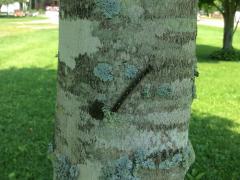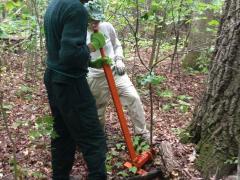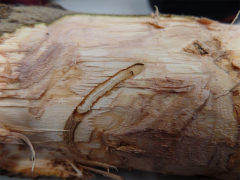Small Woodlot Management of Invasive Species

In this article, Ethan Tapper, the Chittenden County Forester, breaks down the steps in the management of invasive species so that any landowner with an invasive plant problem can have a clear path forward.






